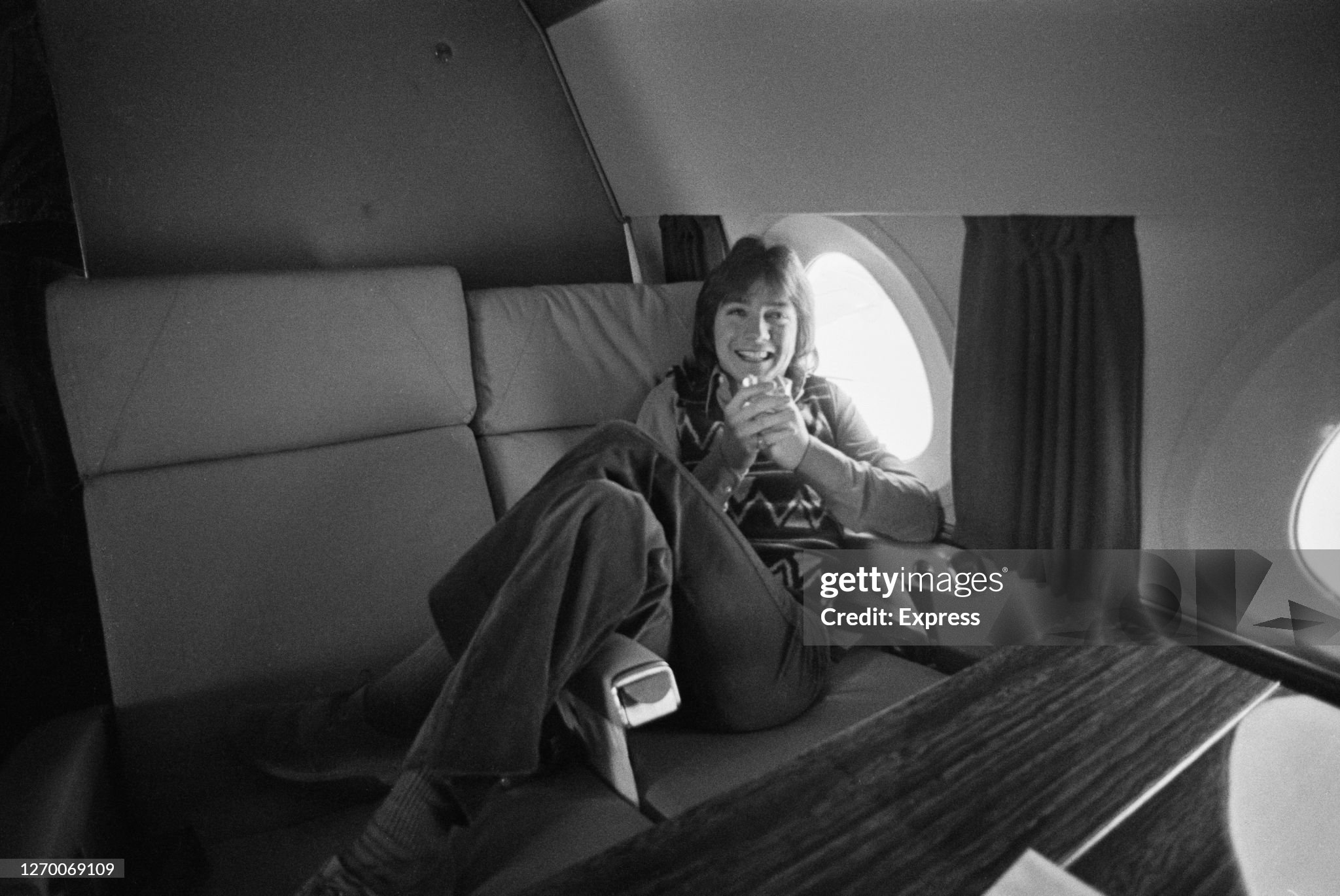
“If I Didn’t Care” is a love song that pretends to deny love—David Cassidy singing the oldest kind of truth: the heart confesses most clearly when it tries to act untouched.
David Cassidy’s “If I Didn’t Care” belongs to a very particular moment in his story—not the early, screaming-hysteria peak of the Partridge era, but a later chapter when his voice was trying to be heard in a different light: older, steadier, less tied to the bright machinery of teen-pop fantasy. Released in the UK as a 1974 single on Bell Records, “If I Didn’t Care” entered the Official Singles Chart on May 11, 1974, and climbed to a peak of #9, spending 8 weeks on the chart (with 3 weeks in the Top 10). The catalogue number listed by Official Charts is BELL 1350, a small but concrete detail that pins the record to its time like a postmark.
That chart peak matters because it tells you something tender about the audience: by 1974, listeners weren’t only chasing the rush of Cassidy’s youthful hits—they were willing to follow him into a standard, a song that had already lived a whole life before he ever opened his mouth to sing it. And what a song it was. “If I Didn’t Care” was written by Jack Lawrence and first made immortal by The Ink Spots in 1939, a recording often cited as one of the great cornerstones of vocal pop balladry. When Cassidy steps into it, he isn’t just “covering” a tune—he’s touching a thread that runs through decades of late-night radios, slow dances, and quiet admissions.
The UK single pairing is also part of the picture. On the widely documented release, “If I Didn’t Care” was backed with “Frozen Noses.” And in the U.S., the track’s presence is strongly associated with his 1974 compilation album Greatest Hits (Bell 1321), where it appears in the track list and is noted with production credit: “If I Didn’t Care” produced by David Cassidy and Michael Lloyd. Those credits are not small trivia—they suggest Cassidy’s growing desire to shape how his voice was presented, especially on material that leaned toward classic pop rather than teen-driven bubblegum.
What makes David Cassidy’s reading linger is how naturally it fits him—almost paradoxical for a singer so publicly adored. The lyric is built on denial: If I didn’t care… Yet every phrase betrays devotion. That contradiction is the engine of the song, and Cassidy treats it with a gentle seriousness. He doesn’t “belt” it into melodrama. He lets it drift, as if the confession is too intimate to decorate. The words fall like a letter written late, re-read twice, and finally mailed because holding it any longer would hurt more than sending it.
And then there’s the deeper emotional irony that listeners feel even if they never name it: being wanted by the world is not the same as being wanted by one person in a way that steadies you. Cassidy’s voice, always capable of sounding both bright and bruised, makes that old Ink Spots sentiment newly personal. This is not the theatrical heartbreak of a breakup anthem. It’s the quieter ache of affection that outlives pride—love that keeps returning, even when you try to talk yourself out of it.
That’s the meaning that has kept “If I Didn’t Care” circulating through Cassidy reissues and compilations and late-night playlists: it’s a song about emotional honesty disguised as emotional control. It understands that the hardest part of love is not declaring it—it’s admitting that you can’t unfeel it.
So when you listen to David Cassidy sing “If I Didn’t Care,” listen for what he doesn’t do. He doesn’t wink at the old-fashioned lyric. He doesn’t try to modernize it into something slick. He simply steps into its stillness and lets it speak—like a man realizing that sometimes the most grown-up thing you can say is the simplest:
If I didn’t care…
you wouldn’t be on my mind.